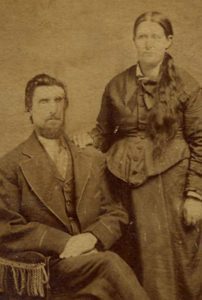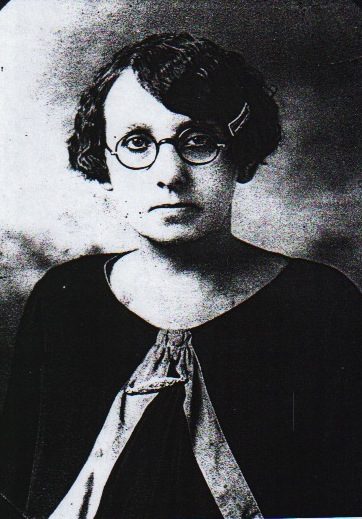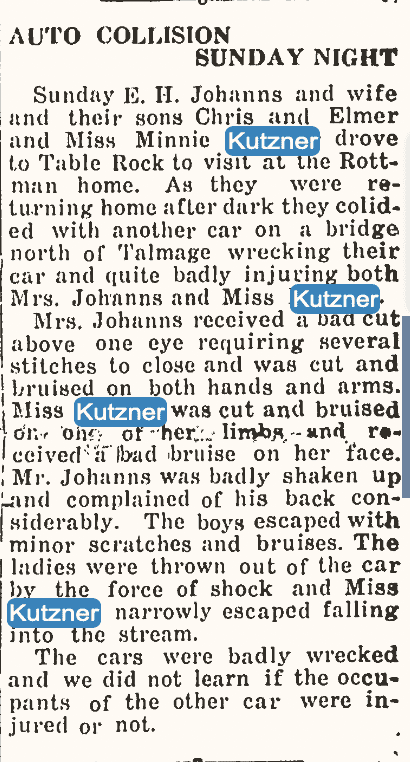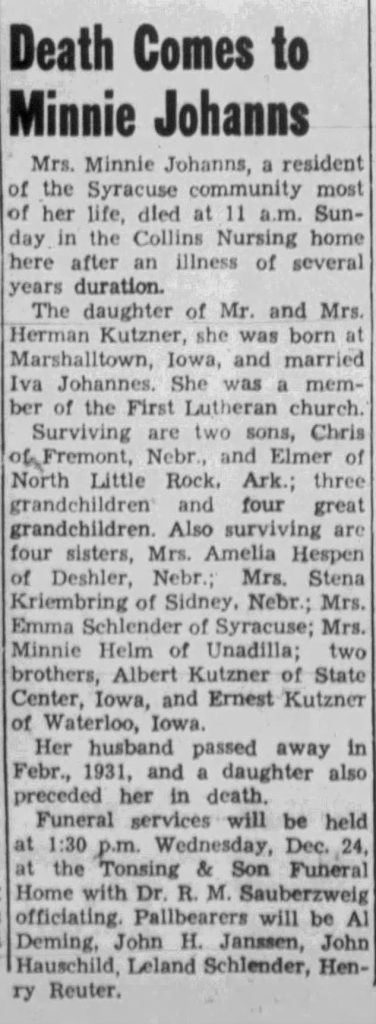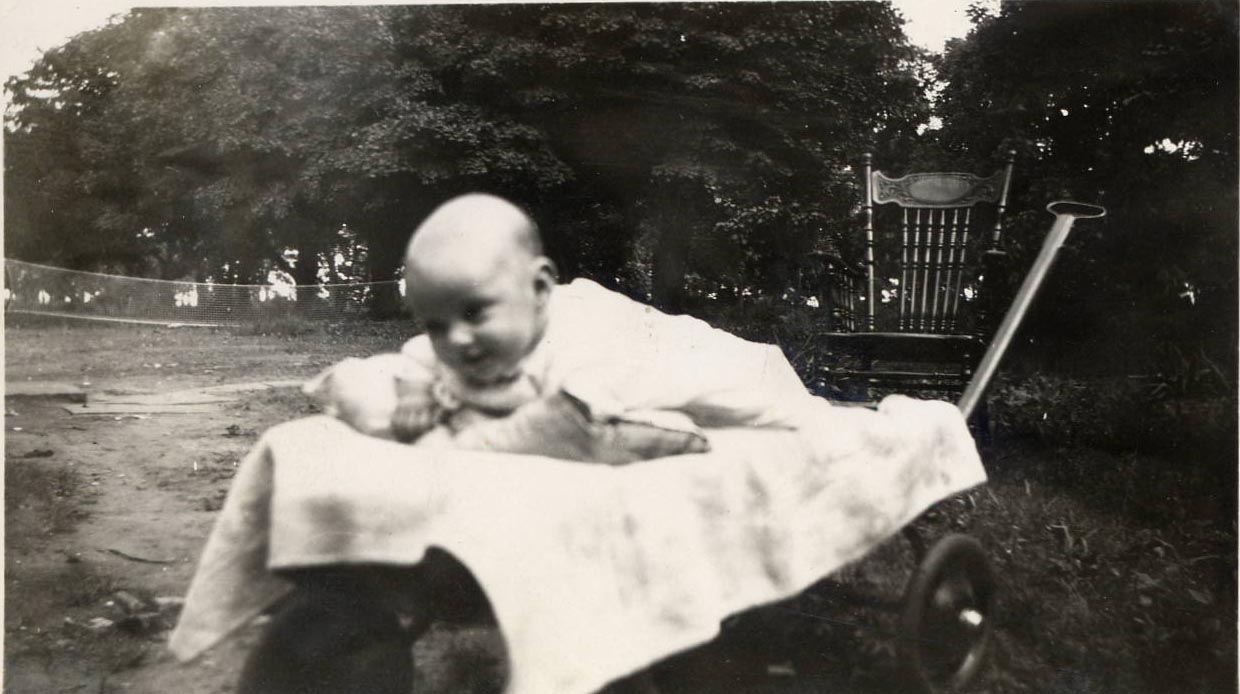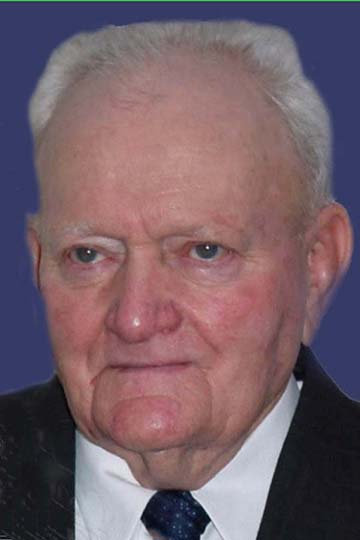
This is a follow on to my article “Last of His Generation.” In that article, I touched on the physical and mental strength of my father. Yet, when the topic of strength arose this week, I could not help but think of him again. Thus, in this article, I will dig deeper into strengths of his character.
 Learning, Growing, & Sharing
Learning, Growing, & Sharing
Dad had a love of learning. He read extensively, which is why we ended up with an entire library of books after he passed. Along with the topics he enjoyed, he read to learn about new things and to learn how to do things. At other times, he learned simply by doing. When he was young, his father told him that there wasn’t anything that he couldn’t do. He took it to heart and lived by that philosophy his entire life.
He would step up and fill any position that needed filled (except he would pass if blood was involved as that was his kryptonite). In his 90+ years, he became the resident electrician, starting with wiring the house for electricity when he was around 18 or 19 years of age. He was also the plumber as he added a bathroom to both our house and Dewey’s house. Dad was also a carpenter, adding onto the barn, making cabinets, building furniture, making jewelry boxes, and more He was also a baker and a cook. Of course, his semi-photographic memory was very helpful in many of these pursuits.
However, he was probably best known as a mechanic. He worked on anything and everything: farm equipment, cars, motorcycles, boats, and even a semi on Christmas Eve. He would rarely take any money for his work even when he worked late into the night to get something fixed so that someone could go back to work the next day. At the office, he once quickly fixed something that the maintenance guys had been working on all day. One of the men remarked, “God laid his hands on it.” He liked to tell that story. It wasn’t to brag, but more because he was proud that he could fix almost anything easily.
Master Negotiator
Dad could also talk about almost any topic. This came in handy when he was on the job as his boss would have him talk to the land owners that did not want the state employees to come onto their land to survey or who were upset about construction in front of their property. After one conversation, he could usually get an agreement. His trick was to be observant to their surroundings and to listen to what they said. He noticed what appeared to be important to them and then talked to them about that topic. One day it might be corn and the need for rain and another day it might be grandchildren or churning butter. Soon, they had loosened up and were letting the men onto their property.
Doing It Right
In Dad’s later years of working, someone noted one day that he was the first guy on the job and the last to leave despite being the oldest guy on the job. It was all about putting in the work to make sure that things were done right. If anyone said that something wasn’t perfect with a job he was working on, he took it upon himself to seek out what was wrong and make sure that it was corrected. I remember one weekend when someone had made a negative comment as he was leaving work about the workmanship of a job he was overseeing. He went on his own time and in his own vehicle to the job site to check it out even though the site was many miles away from home and his time at home was very limited.
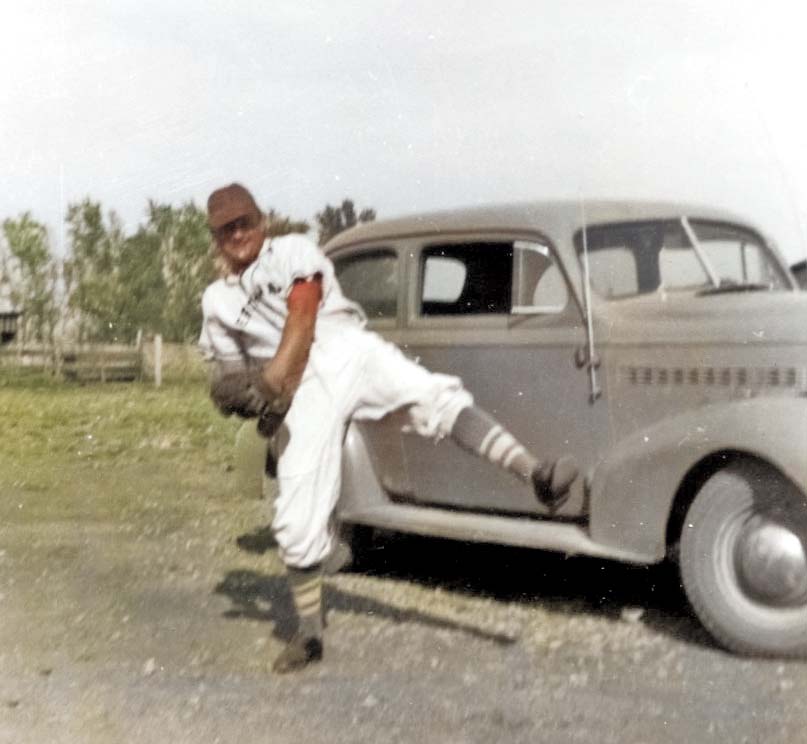
Balls & Strikes
Dad would often tell us stories of playing baseball, the McCracken family’s favorite pastime. He played for several teams, but almost always pitched. He did not like it if an umpire called a game in his favor. Dad said that he would much rather have the close calls go against him. He said that he might lose the game, but he would feel better about it. He never thought you really won a game if you got help, even unintentionally, from the umpire.
Poking & Prodding
Now, most people might not think of him as a spiritual man as he didn’t see a need to be in church every Sunday and he didn’t talk much about his beliefs. However, he was a man of strong conviction and one that was always busy helping others – family, friends, and strangers. When he had his heart and cancer surgeries, he let the student nurses poke and prod on him whenever they asked. After all, they had to learn by trying it on someone.
Close to God
As mentioned above, Dad didn’t feel the need for a church building. Instead, his relationship was everywhere. One day Dewey and I had baled hay. We knew a storm was coming and we had gotten as much hay in the barns as we could. When Dad got home, I helped him unload a wagon and we went back to the south field for more. The storm was getting closer and he had me flying the tractor over the terraces in that field as he ran from bale to bale to throw them onto the wagon. Then he would jump on every so often to stack them up.
After getting the hay picked up, we booked it home. I don’t remember if we covered it or unloaded it, but by the time we were done the storm had hit. In the process, the power had gone out and the house felt like a steam room. So, we got in the car and went to see if we could get a cold drink somewhere and at a minimum we thought we could cool off. That night lightening was flashing everywhere and lighting up the entire sky. As we drove through the storm, he stated that it was on stormy nights that he felt the closest to God.
Holding Out Hope
Probably one of Dad’s strongest and longest enduring strengths was with regards to his brother Howard. He held onto hope that his brother Howard, who was MIA in WWII, had somehow survived his injuries and would eventually make his way back home. He continued to hold out hope until the time that Howard would have been well into his nineties. Then, he simply said, “I guess it isn’t very likely now.”
Sharing Christmas
I remember one Christmas when I was very young. That Christmas Dad told us about a family that was struggling. We gave the family our Christmas tree and I think Dad gave them money for Christmas dinner. This wasn’t a close friend, but someone that worked in a very low paying job and he wanted to help them out.
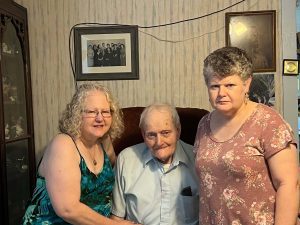
Working Through It All
Dad’s father also taught him that just because you encountered adversity in life, you didn’t need others to do things for you – you were a McCracken! It was fine and a good thing to help others, but it just wasn’t necessary for you to stop working just because you lost a loved one or some other adversity occurred.
He learned to put others first and to persevere no matter how difficult the circumstance. This led him to make some very difficult choices in his life. Some of them even broke his heart, but he thought his decisions were best for people that he deeply cared about.
Even as his body was failing him, he had the strength to hold on until my husband and I could be where we could help. He kept asking me how much longer it would be until we moved. Once we arrived, we had a great Father’s Day together. Within 10 days of that day, he could no longer stand. Yet, he kept wanting to keep on trying. Even in those last days, his grip on my hand was stronger than most people’s grip.
 Learning, Growing, & Sharing
Learning, Growing, & Sharing
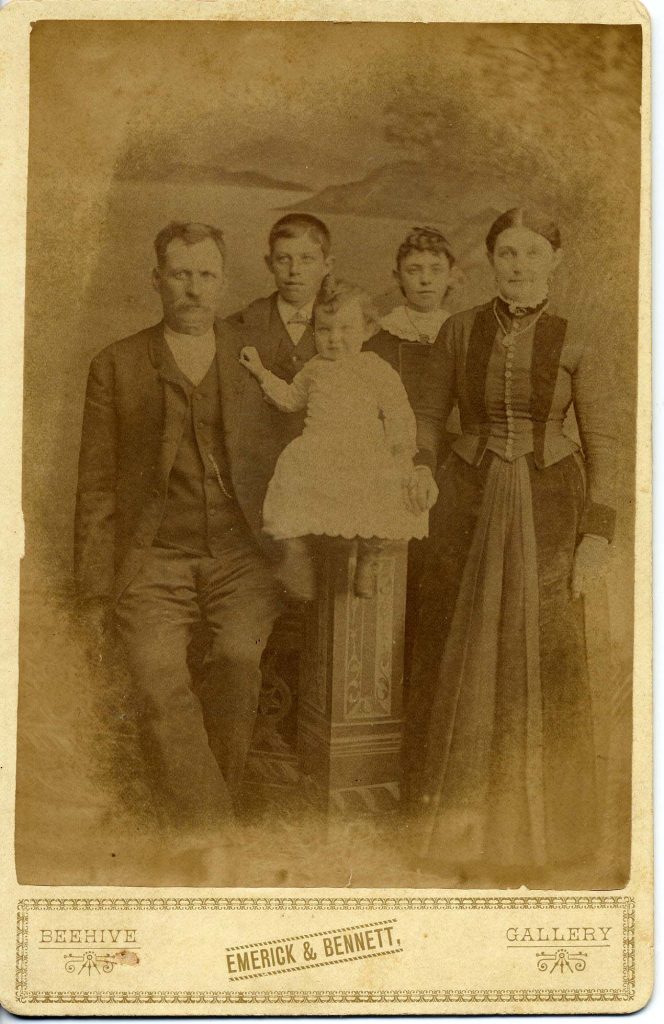
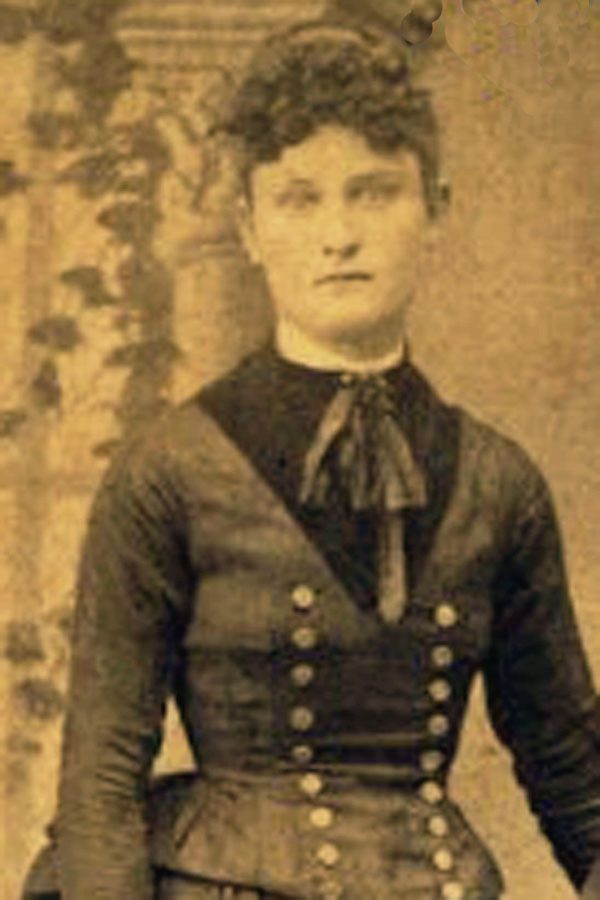
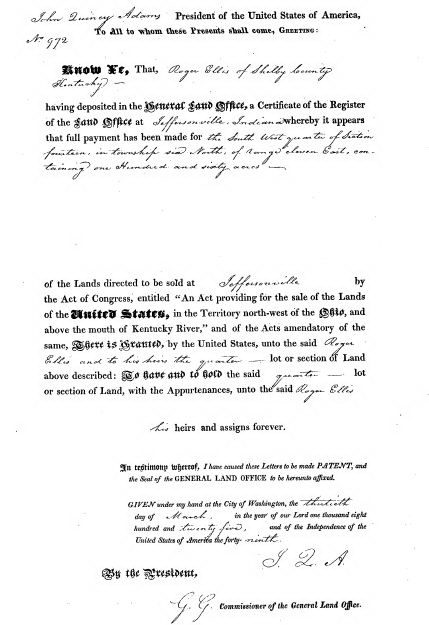 Roger Ellis
Roger Ellis